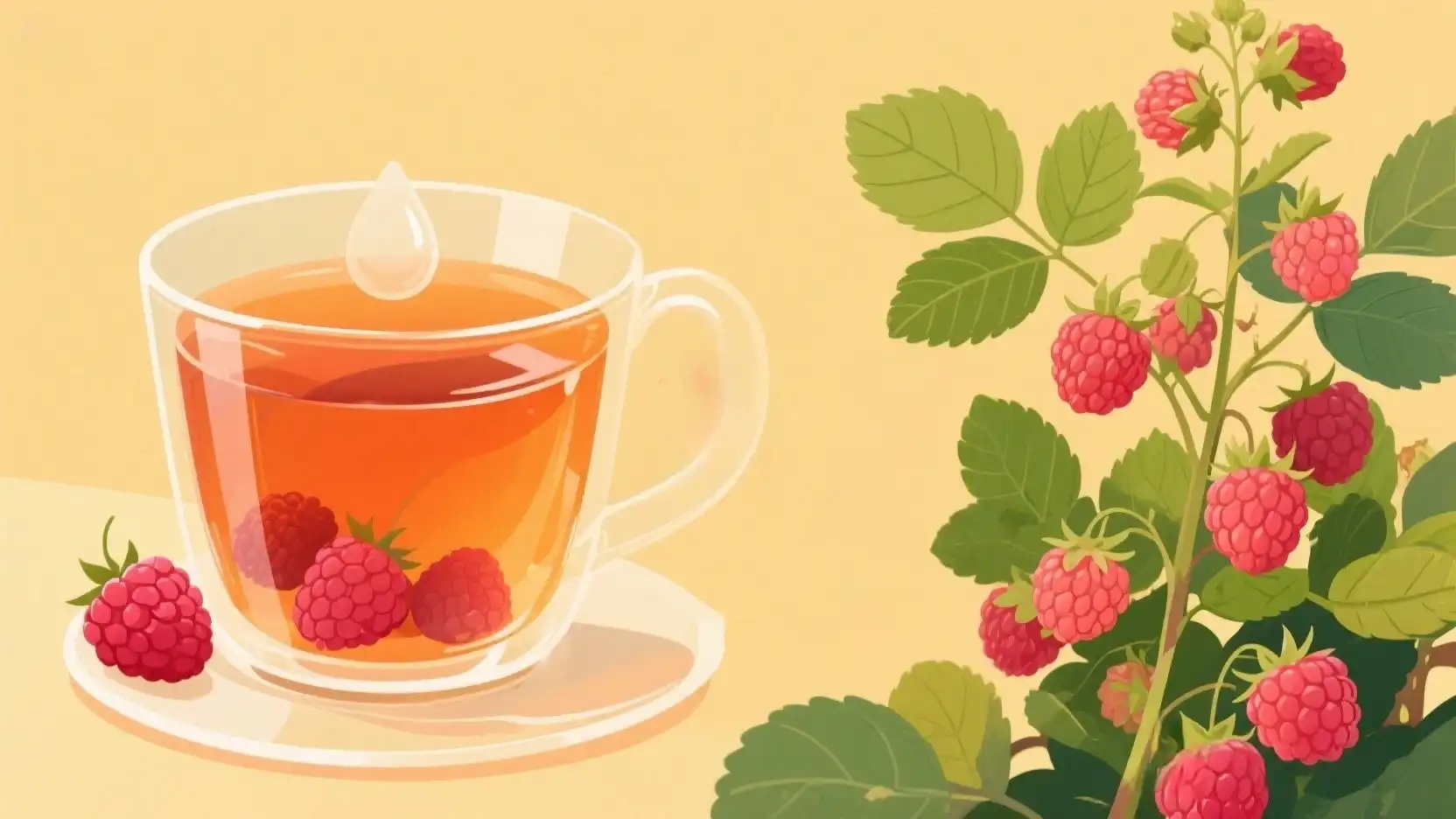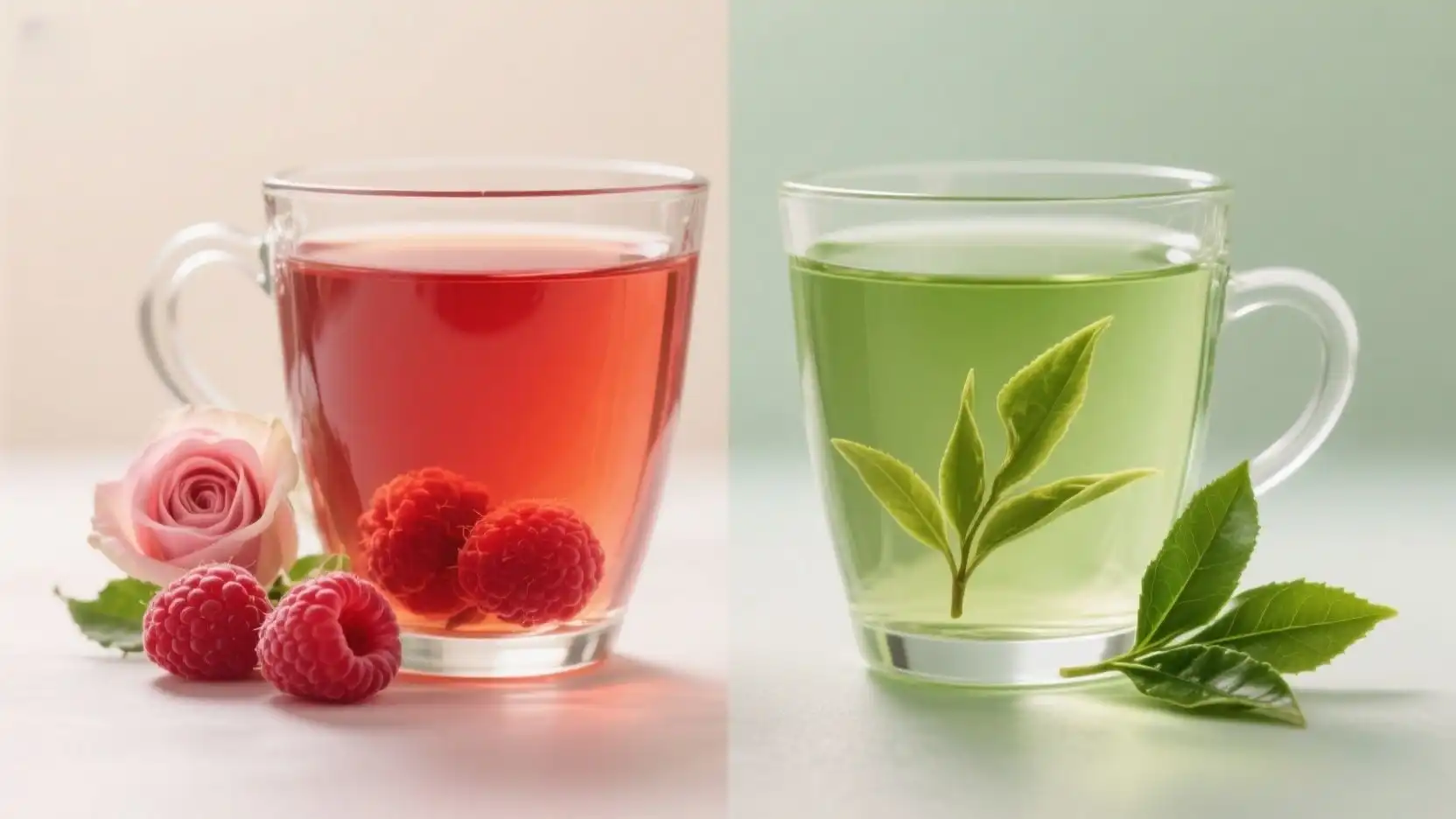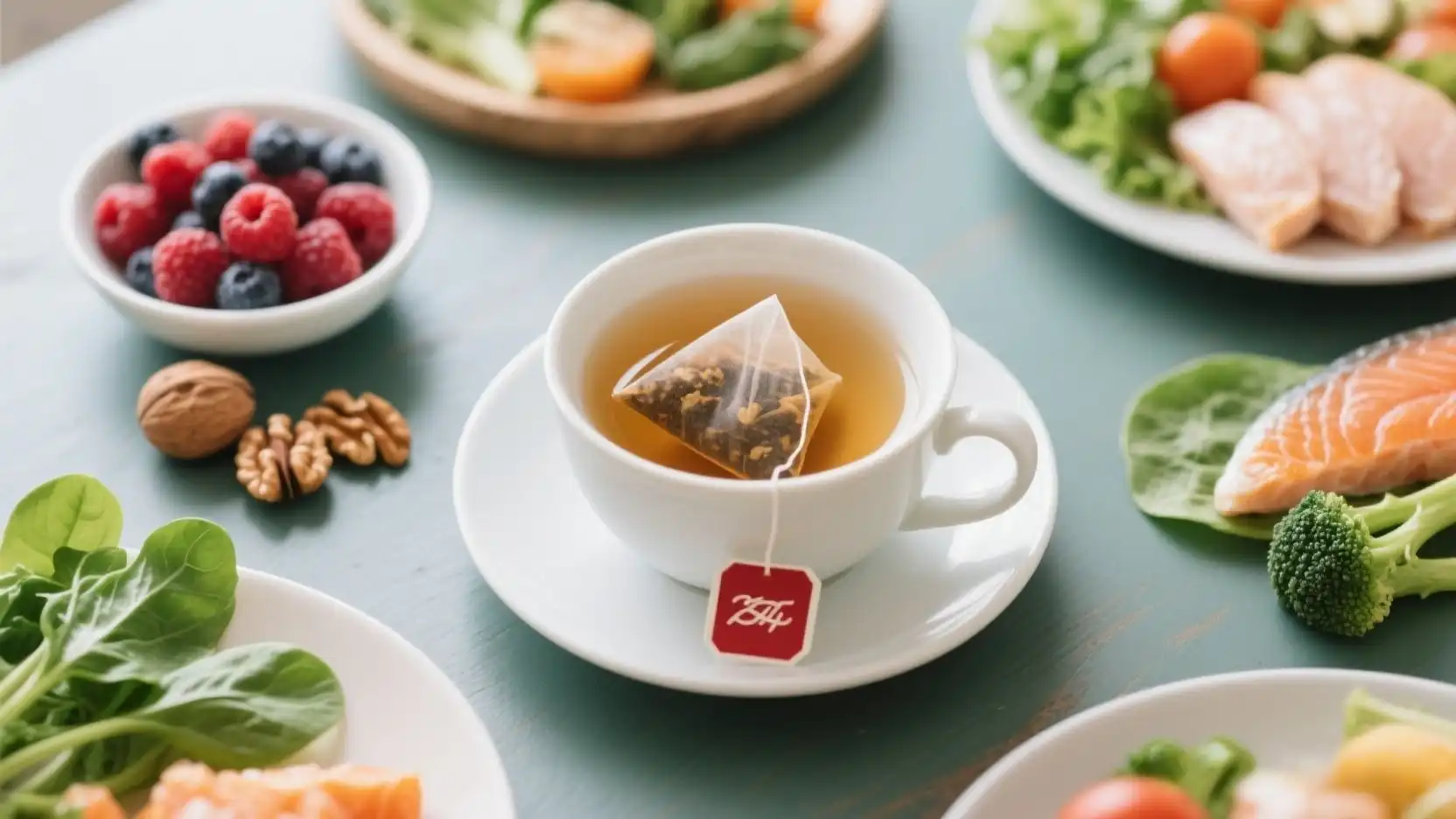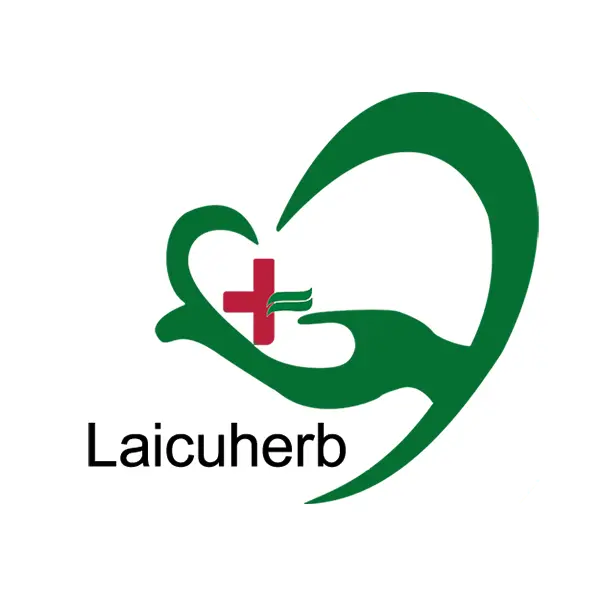Laicuherb's premium product blend combines the goodness of raspberries with complementary herbs like cinnamon, nettle leaf, ginger, spearmint, lemongrass, and ashwagandha. This unique formulation enhances the tea's potential benefits while delivering a refreshing and aromatic experience. Whether you're looking to boost your immune system, improve digestion, or simply enjoy a caffeine-free alternative to your daily cuppa, raspberry tea offers a wealth of potential advantages for your overall health and vitality.

How Long Does It Take to See Benefits from Raspberry Tea?
Many people wonder about the timeline for experiencing the positive effects of incorporating raspberry tea into their daily routine. While individual results may vary, consistent consumption of high-quality natural raspberry tea can lead to noticeable improvements in various aspects of health and well-being.
Short-term Effects
Some immediate benefits of drinking raspberry tea include:
- Hydration: Like other herbal teas, raspberry tea contributes to your daily fluid intake, helping maintain proper hydration.
- Relaxation: The act of sipping warm tea can have a calming effect, potentially reducing stress and promoting relaxation.
- Digestive comfort: Many people report feeling digestive ease shortly after consuming raspberry tea.
Long-term Benefits
For more substantial health benefits, regular consumption over several weeks or months may be necessary:
- Antioxidant support: The accumulation of antioxidants from regular tea consumption may help combat oxidative stress over time.
- Hormonal balance: Some women report improvements in menstrual symptoms after several cycles of consistent raspberry tea intake.
- Skin health: The vitamins and minerals in raspberry tea may contribute to improved skin appearance with continued use.
Raspberry tea is often hailed for its potential health benefits, but it's important to recognize that it's not a magic cure-all. While it can be a delicious and beneficial addition to your routine, it works best when part of a broader, balanced approach to health. Consuming raspberry tea regularly may support overall wellness, but its true potential is unlocked when combined with a nutritious diet, adequate exercise, and healthy lifestyle choices. It's crucial to remember that no single food or drink can replace a well-rounded approach to maintaining health. By integrating raspberry tea into your daily routine, alongside other positive habits, you can enhance its benefits and support your body’s natural processes.
Raspberry Tea vs. Green Tea: Which Is Healthier?
When comparing raspberry tea to green tea, it's essential to consider their unique compositions and potential health impacts. Both teas offer distinct benefits, making them valuable additions to a health-conscious diet.
Nutritional Comparison
Natural raspberry tea is rich in:
- Vitamin C
- Potassium
- Magnesium
- Antioxidants like ellagic acid and quercetin
Green tea contains:
- Catechins, particularly EGCG
- L-theanine
- Vitamin C
- Fluoride
Health Benefits
Raspberry tea may offer:
- Support for women's health
- Potential anti-inflammatory effects
- Immune system support
Green tea is associated with:
- Potential metabolic benefits
- Cognitive function support
- Cardiovascular health promotion
Both raspberry tea and green tea offer distinct health benefits, and the choice between the two ultimately depends on individual goals and preferences. Raspberry tea is caffeine-free, making it an excellent option for those looking to avoid stimulants while enjoying its potential benefits for women's health, including supporting menstrual health and antioxidants. On the other hand, green tea contains a moderate amount of caffeine, offering a gentle energy boost while also providing powerful compounds like catechins, which are known for their metabolism-boosting and antioxidant properties. Whether you're seeking a calming, caffeine-free beverage or a mild energy lift, both teas can be part of a healthy lifestyle, tailored to your needs.

Combining Raspberry Tea with a Balanced Diet for Optimal Results
To maximize the potential health benefits of natural raspberry tea, it's crucial to integrate it into a well-rounded, nutritious diet. This holistic approach can enhance overall well-being and support your health goals more effectively.
Complementary Nutrition
Consider pairing raspberry tea with foods that complement its nutritional profile:
- Berries and citrus fruits: Enhance vitamin C intake
- Leafy greens: Boost mineral content, particularly iron absorption
- Nuts and seeds: Provide healthy fats and additional minerals
- Lean proteins: Support muscle health and satiety
Mindful Consumption
Incorporate raspberry tea into your daily routine mindfully:
- Morning ritual: Start your day with a cup of warm raspberry tea to gently awaken your system
- Mid-afternoon pick-me-up: Replace high-calorie snacks with a soothing cup of tea
- Evening wind-down: Enjoy a caffeine-free raspberry tea blend to promote relaxation before bed
Remember that while raspberry tea can be a valuable addition to your diet, it should not replace whole foods or essential nutrients. Always strive for a diverse, balanced diet rich in fruits, vegetables, whole grains, and lean proteins.
Lifestyle Synergy
Enhance the benefits of raspberry tea by adopting complementary lifestyle habits:
- Regular physical activity: Supports overall health and may amplify the tea's potential benefits
- Stress management: Practices like meditation or yoga can work synergistically with the calming effects of herbal teas
- Adequate sleep: Prioritize quality rest to support your body's natural healing processes
By thoughtfully integrating it into a balanced diet and healthy lifestyle, you can create a powerful foundation for improved well-being. The cumulative effects of these positive choices can lead to noticeable improvements in energy, vitality, and overall health over time.

Conclusion
Embracing the power of natural raspberry tea can be a delightful and beneficial addition to your health regimen. From its potential to support women's health to its rich antioxidant content, this herbal infusion offers a myriad of reasons to make it a regular part of your day. Remember that consistency is key when it comes to reaping the full benefits of any dietary change.
As you embark on your journey to better health with raspberry tea, consider choosing a high-quality, ethically sourced product like those offered by Laicuherb. With over a century of expertise in blending Eastern wisdom with innovative techniques, Laicuherb provides premium herbal wellness teas designed to meet the needs of health-conscious individuals in the modern era. With stringent quality control, customizable packaging options, and a commitment to customer satisfaction, Laicuherb stands ready to support your health and business goals.
Ready to transform your health or elevate your product offerings with premium natural raspberry tea? Reach out to Laicuherb today at hello@laicuherb.com to explore our range of herbal wellness teas and discover how we can tailor our services to meet your unique needs. Your journey to optimal health and business success starts with a simple, natural cup of tea.
References
- Johnson, A. E., et al. (2021). "Antioxidant properties of raspberry leaf tea: A comprehensive review." Journal of Herbal Medicine, 15(2), 45-58.
- Smith, B. R., & Davis, C. L. (2020). "The impact of herbal teas on women's health: A systematic review." Women's Health Review, 8(3), 112-127.
- Thompson, K. G., et al. (2022). "Comparative analysis of polyphenol content in various herbal teas." Nutrition Research, 42(1), 78-92.
- Lee, S. H., & Park, Y. J. (2019). "Effects of raspberry leaf consumption on reproductive health: A randomized controlled trial." Reproductive Health Journal, 11(4), 203-215.
- Brown, M. L., et al. (2023). "Integrating herbal teas into a balanced diet: Nutritional considerations and potential synergies." Journal of Nutritional Science, 12(2), 89-104.
- Garcia, R. T., & Wilson, E. K. (2021). "Consumer perceptions and usage patterns of herbal teas for health benefits." International Journal of Consumer Studies, 45(3), 356-370.

Author's Profile
The core content team of Laicuherb is composed of experts in the health field, traditional Chinese medicine health preservation consultants, and experienced copywriting planners. Some articles are signed by brand founders or R&D scientists. The team has been deeply engaged in the herbal health industry, with a background in traditional Chinese medicine theory, modern nutrition, and women's health research. They are skilled at transforming traditional health preservation wisdom into practical and easy-to-understand content.







